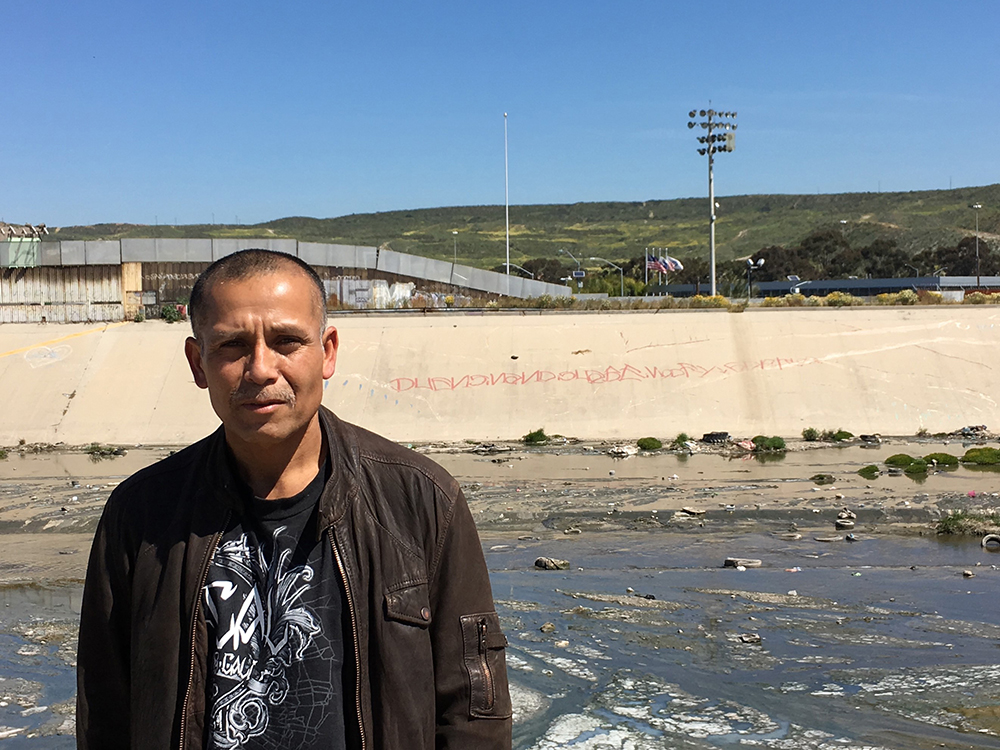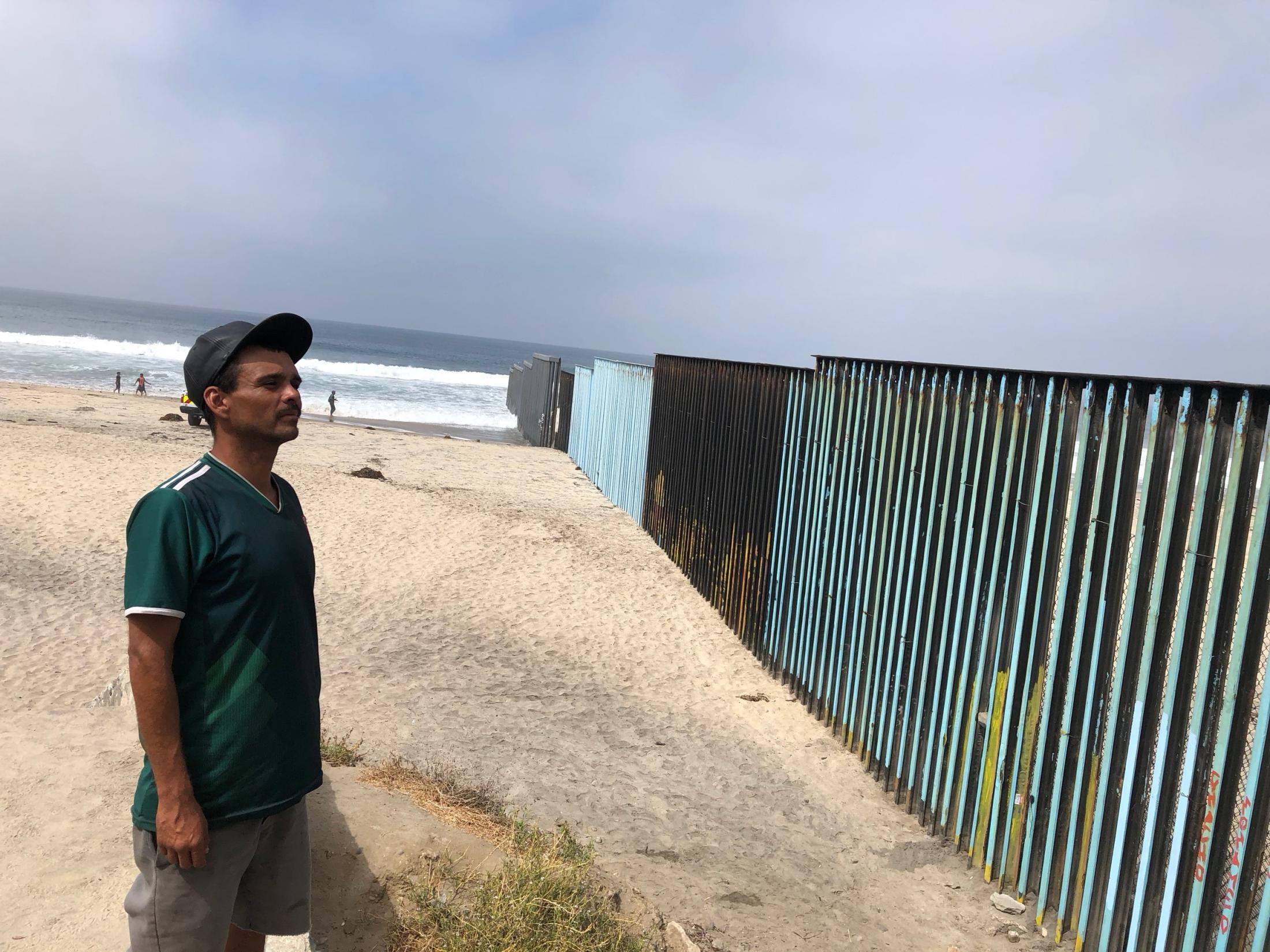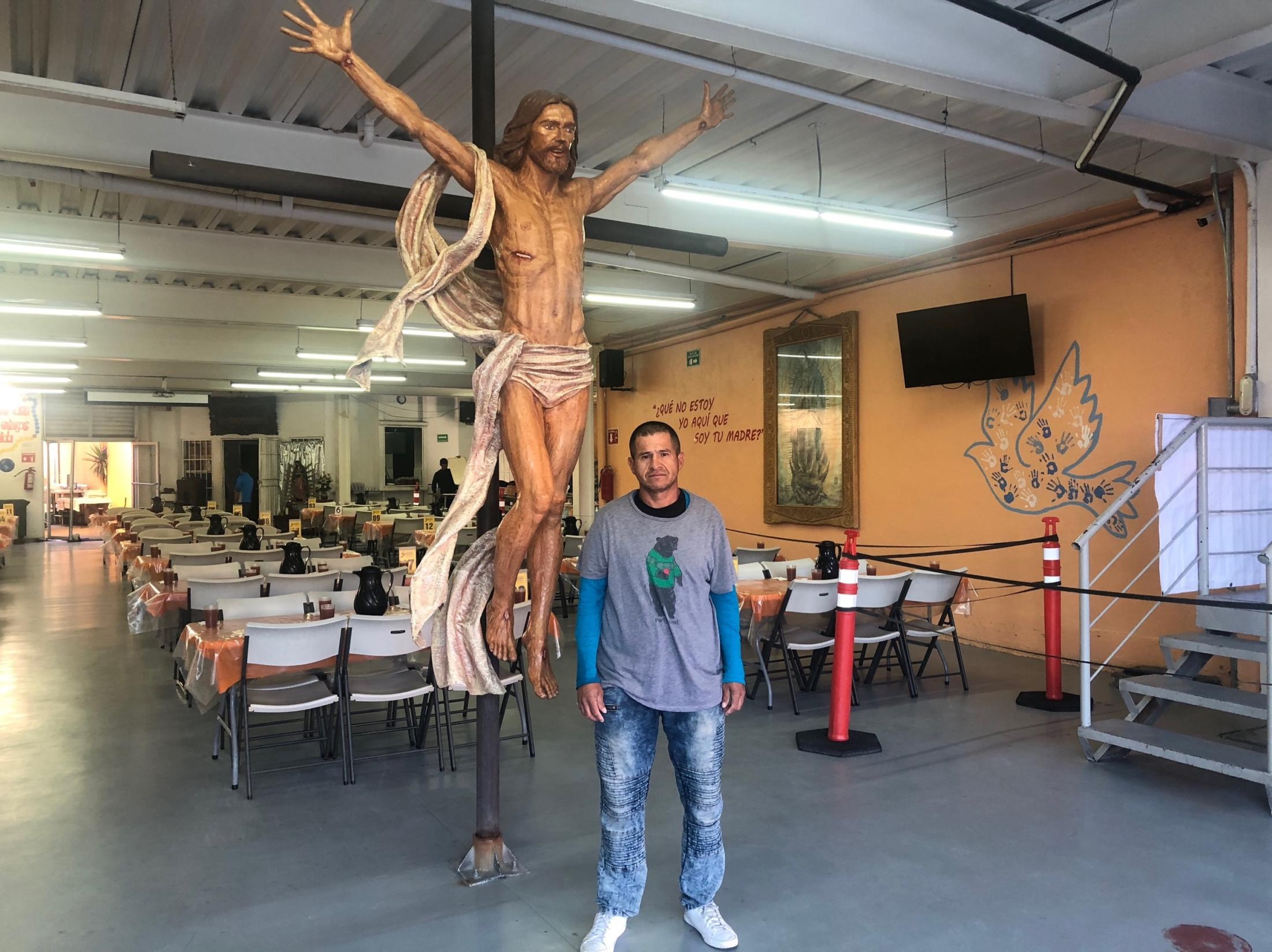Deportation, Trauma and Homelessness
By Robert McKee Irwin
Problem
Deportation is often a traumatic experience that may evoke feelings of despair that, over time, may lead to mental health breakdowns and addictions, sometimes ending in homelessness or even death. These consequences are generally much more severe than the infractions that trigger deportations.
Solution
From a humanitarian perspective, it would be worthwhile to consider deportation laws and penalties that are more flexible than those in force at present, and that give some migrants options for remaining in or being readmitted to the United States.
Observations
Deportation, for those who have lived a significant period of their lives in a country that later expels them, is a traumatic form of forced displacement. They leave behind loved ones, homes, jobs, communities, lives they’ve spent years building. Many immigrant’s identities are formed entirely upon their experience as immigrants, and a forced return to their country of origin may represent an utter loss of sense of self as many or all of their life’s accomplishments may be lost. Once deported many have little hope for readmission to the United States.
Many of those who are deported to Mexico after living many years in the United States may have nowhere to return in Mexico. They may have no family left in their hometown, or may no longer have meaningful ties anywhere in the country. Many also return with a sense of shame of having failed in their pursuit of an American dream, and are reluctant to turn to networks of family or acquaintances in Mexico for help. These migrants often fall into depression; some become addicted to alcohol or drugs.

Humanizing Deportation’s very first community storyteller, Gerardo Sánchez, who was deported after living a dozen years in the US, eloquently explains the despair that he continues to feel several years after being deported and separated from his US citizen wife and two young daughters in “Cruel Deportations”. Gerardo, who was unable to obtain residency through marriage due to a DUI conviction soon after his arrival to the United States, was detained by ICE in a workplace raid. After being deported, he tried on multiple occasions to return to his family, but was caught each time. Now, resolved that he must remain in Mexico, he elected not to return to his hometown in Michoacán, but rather stays near the border so that his wife and daughters can visit him.
US authorities release migrants at the Mexican border with nothing but a bag of clothes. Some may get on a bus to seek help from relatives, and others may receive some money from their family back in the US to help them start a new life in Mexico. Others may not wish to burden anyone, or may have no one to ask for help.
Over the past two decades, border cities like Tijuana that have experienced huge influxes of deportations (Tijuana has averaged over 100,000 per year since 2001). To accommodate them, charitable organizations have founded shelters where many of those needing assistance in getting established after living many years in the United States stay while gathering identity documents, seeking employment, and, if all goes well, eventually, finding lodging. While shelters run by large charitable organizations such as the Catholic Church, the best known in Tijuana being la Casa del Migrante, regularly take in deported migrants with nowhere else to go, they focus on recent arrivals. Those with longer term issues of mental health and addiction end up on the streets or in more informal shelters, some of which double as sites of retail narcotic sales.

Many migrants do not recover quickly from the initial psychological blow brought about by their deportation, ending up drifting in and out of shelters, without a fixed address. Some may see advantages in living off the grid, where they are neither a burden to anyone nor are they burdened by responsibilities to anyone else. José Luis Reyes, who has lived for several years between the streets and shelters of Tijuana, explains what this life has been like since his deportation, and why he has lived this way for so long in “A Migrant: Adventures and Advice from the Streets of Tijuana”. José Luis, who migrated to the US alone as an adolescent in order to help out his single mother and siblings, was deported after twenty years in the country. His deportation was particularly painful because he left behind a son who now is forced to grow up without a father, just as José Luis did. He remains near the border in hopes that one day he’ll be able to return and support his son.
Some migrants survive for many years on the streets. Salvador Ruiz spent some fifteen years following his deportation, addicted to drugs and living on the streets of Tijuana until finally his daughter found him and inspired him to go into rehabilitation, a story he tells in “From Homelessness to Hope and Betterment”.

But others may die as a consequence of the hard life on the streets. Deported migrant Ignacio Davis tells the story of a deported migrant that he knew only as “Apá,” who passed away leaving no way to notify his family, as no one knew his real name. Ignacio recounts the sleuthing that needed to be done to locate Apá’s family, and makes a plea for shelters to register the real names of their residents in order to help families find them in “Apá’s Story”.
Gerardo Sánchez, the narrator of “Cruel Deportations,” cited above, also met a tragic end. After several years living in Tijuana’s shelters and streets, he finally got a steady job as a doorman in a shelter. Unfortunately, this site, once run by a prominent social worker, Micaela Saucedo, who passed away in 2013, was now used as a site for drug sales by one of the cartels vying for control of the city’s retail narcotics trade. When the site was raided by a rival cartel, he happened to be working the door. While the narcos who were the targets of the raid escaped from the roof, Gerardo and three others who happened to be near the entrance were shot down. Sánchez’s tragic end powerfully demonstrates the precariousness that many deported migrants experience in the months and years following their deportation.
